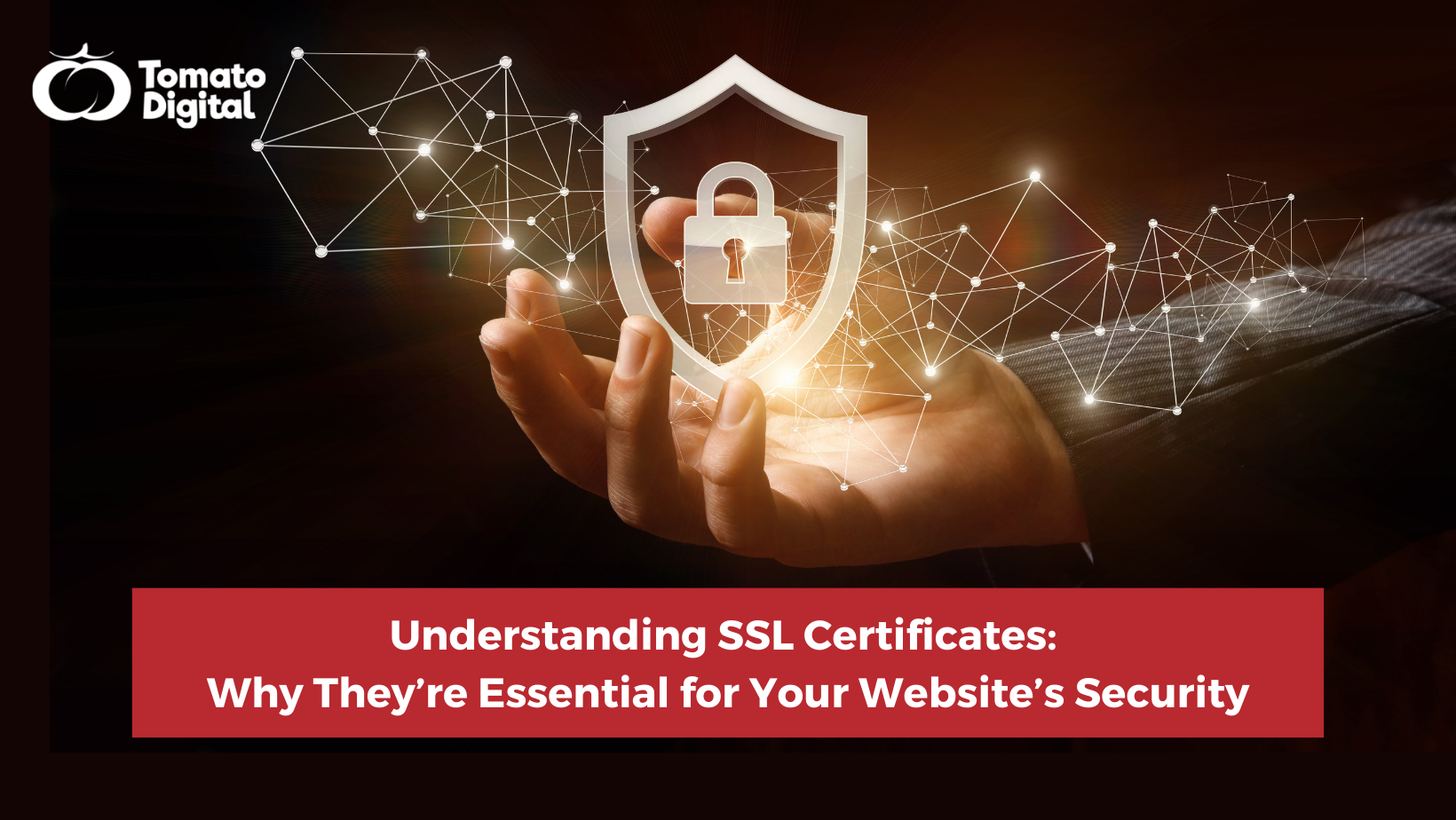In today’s digital age, it’s crucial to ensure the security of your website, especially if it handles sensitive information such as personal data or financial transactions. One of the most important ways to secure your website is by having a SSL certificate. In this article, we will explore what SSL certificates are, how it works, and what happens if a website doesn’t have one.
What is an SSL Certificate?
SSL (Secure Socket Layer) is a protocol that encrypts the data transmitted between a website and its users. An SSL certificate is a digital certificate that verifies the identity of a website and encrypts the data transmitted between the website and its users. In simpler terms, it is like a digital “lock” that ensures that any data exchanged between a website and its user remains private and secure.
How does SSL work?
SSL uses a combination of public key and symmetric key encryption to ensure that the data remains private and secure. Here’s how SSL certificates work in more detail:
- When a user connects to a website using SSL, the website’s server sends a copy of its SSL certificate to the user’s browser.
- The user’s browser then verifies the SSL certificate by checking whether it has been issued by a trusted Certificate Authority (CA) and whether it is still valid.
- If the SSL certificate is valid, the browser and the server establish an SSL connection using a process called SSL Handshake. During this process, they agree on a shared symmetric key that will be used to encrypt the data transmitted between them.
- Once the SSL connection is established, all data transmitted between the user’s browser and the website’s server is encrypted using the shared symmetric key.
- The data is decrypted only when it reaches its intended recipient, ensuring that any intercepted data remains unreadable and unusable.
SSL certificates also have an important role in verifying the identity of the website’s owner. When a CA issues an SSL certificate, it verifies the identity of the website’s owner by checking their domain registration information and other relevant information. This ensures that the SSL certificate is only issued to the legitimate owner of the website.
What Happens if a Website Doesn’t Have an SSL Certificate?
If a website doesn’t have an SSL certificate, it means that data transmitted between the website and its users is not encrypted, making it vulnerable to attacks such as data theft or interception. Hackers can easily intercept the data being transmitted and use it for malicious purposes such as identity theft, financial fraud, or other cybercrimes.
Additionally, most web browsers will display a “not secure” warning for websites that don’t have an SSL certificate, which can erode users’ trust in the website and discourage them from doing business with it. At the same time, this will impact website traffic and ranking since people will avoid this kind of website. Find out how SSL can influence your website ranking here (embedded link).
If you need a website with SSL security, you can partner with a digital marketing company that provides professional website development services such as Tomato Digital Indonesia. For further information, you can contact us here.
Tomato Digital Indonesia offers a variety of digital marketing services that help entrepreneurs upscale their business on the internet, such as web design and development, Search Engine Optimization (SEO), Social Media Marketing and Google Ads. Let's partner with us!







